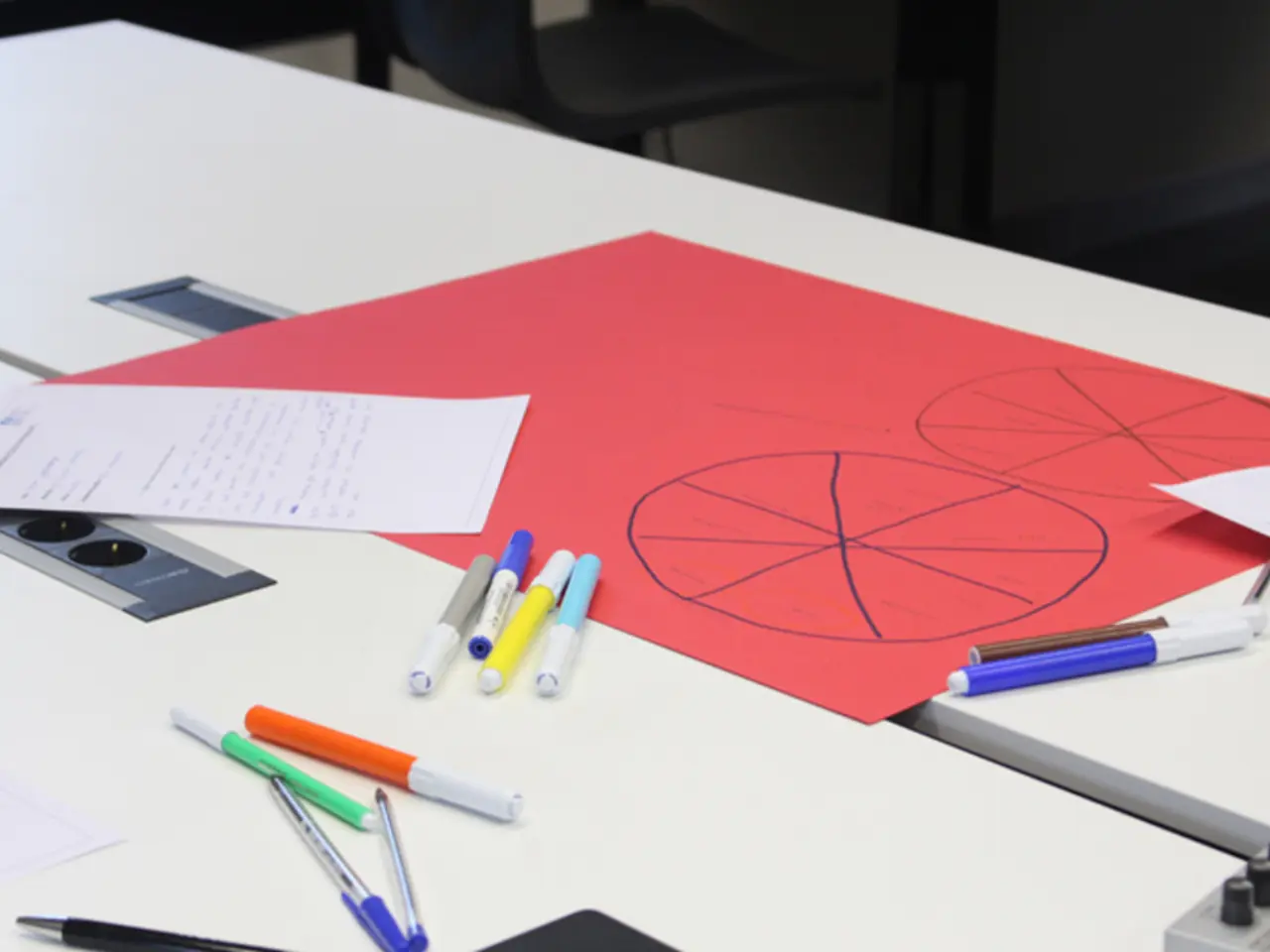Understanding Procedural Memory: Key Points and Essential Facts
Procedural memory, a type of long-term memory, plays a vital role in our lives by enabling us to perform tasks and skills automatically. From playing the piano to driving a car, procedural memory is at the heart of our daily activities.
To improve procedural memory, consistent skill practice combined with attention to feedback, emotional state, and overall brain health is essential. These methods foster long-term potentiation — the cellular basis for learning — and ensure efficient motor learning and habit formation.
Practice and repetition are the cornerstones of enhancing procedural memory. By repeatedly practicing a skill, we strengthen the neural connections involved, particularly in brain regions like the cerebellum, basal ganglia, and motor cortex, which are crucial for motor skills and habit formation.
Feedback on performance is another crucial factor. Constructive feedback helps refine the skill and promotes more efficient learning by correcting errors early in the process. Focused attention during learning also enhances the formation of procedural memories, as distraction can interfere with the consolidation process.
Emotional conditions during learning can affect memory strength. Positive or motivated emotional states can improve procedural memory retention and durability. Adequate sleep is crucial, as it supports memory consolidation processes in the brain, including procedural memory consolidation.
Maintaining a healthy lifestyle is beneficial for overall brain health and memory performance. Regular physical activity, balanced nutrition, and possibly supplements can support memory performance, including procedural memory. It's important to note that relying on cramming for skills is less effective for long-term skill retention compared to spaced, consistent practice.
Procedural memory is often referred to as "muscle memory" because it includes physical tasks like riding a bike or tying shoelaces, but it also encompasses simple mental tasks like adding numbers in your head or remembering a familiar route.
As we age, our procedural memory generally gets worse, making it harder for older adults to learn new skills or remember how to do things they haven't done in a while. However, staying mentally active through activities like reading, doing puzzles, attending educational classes, or learning a new skill can help improve procedural memory and delay age-related cognitive decline.
In contrast to procedural memory, declarative memory relies on encoding and storing information, while procedural memory emphasizes repetition and practice. By understanding the differences between these types of memory, we can better tailor our learning strategies to suit our needs and delay cognitive decline as we age.
- To boost procedural memory, science and education-and-self-development are essential, as they provide learning approaches that combine consistent skill practice, constructive feedback, focused attention, and emotional self-awareness, ultimately promoting long-term potentiation.
- A healthy lifestyle in health-and-wellness, including physical activity, balanced nutrition, and adequate sleep, can support overall brain health and memory performance, specifically enhancing procedural memory that underlies our personal-growth through simple mental and physical tasks.
- In education-and-self-development, seeking therapies-and-treatments to address emotional states during learning and aging can improve procedural memory retention and durability, contributing to personal-growth and delaying age-related cognitive decline.






